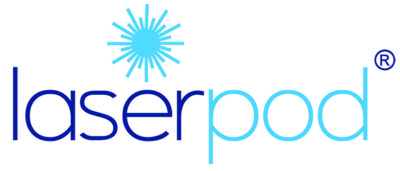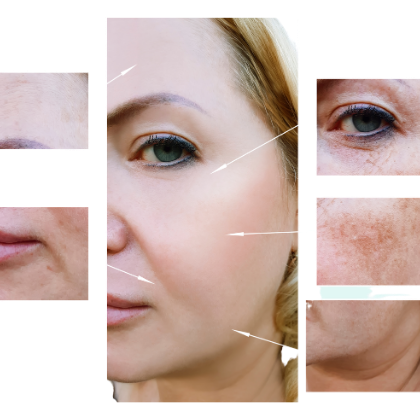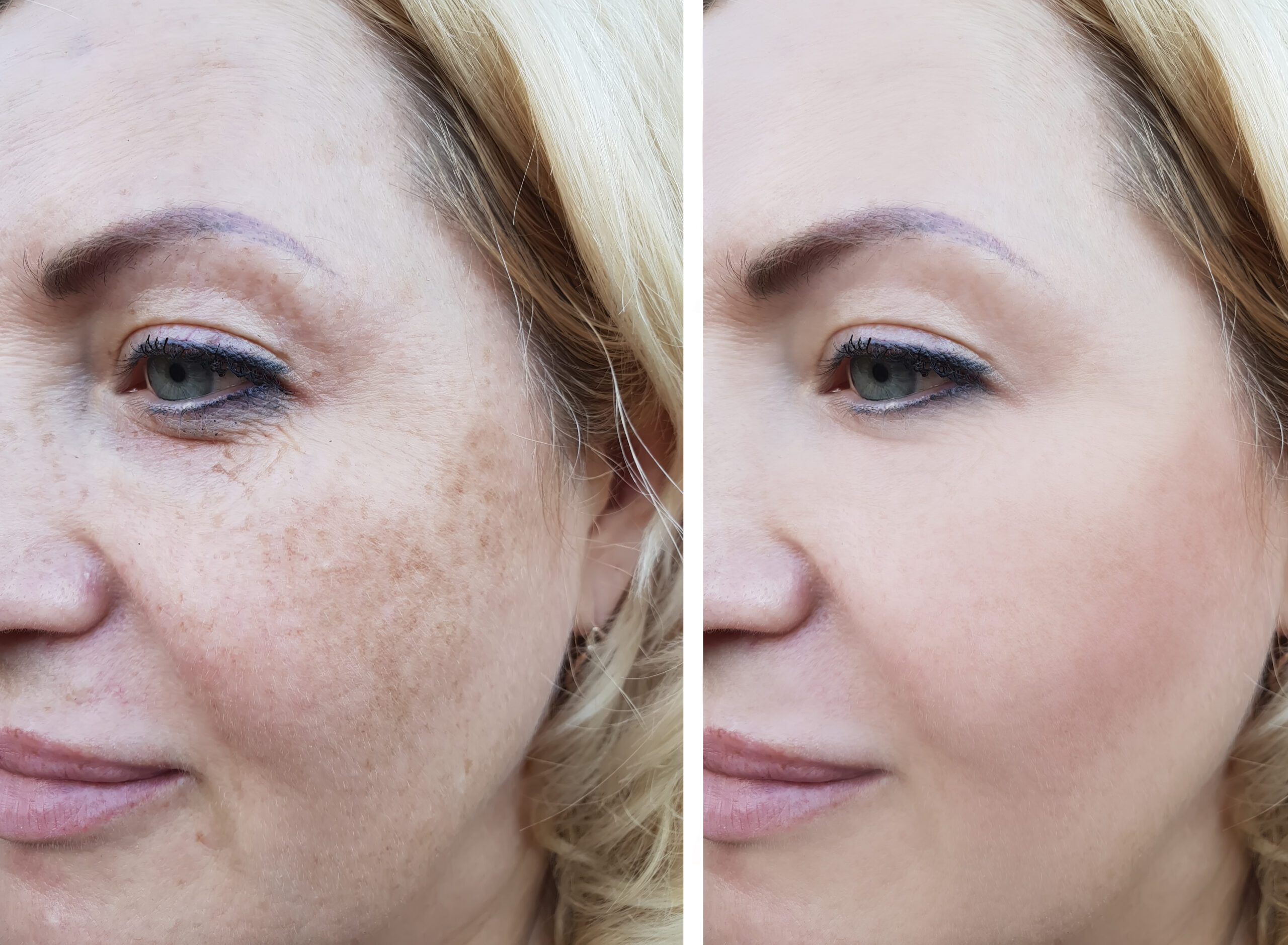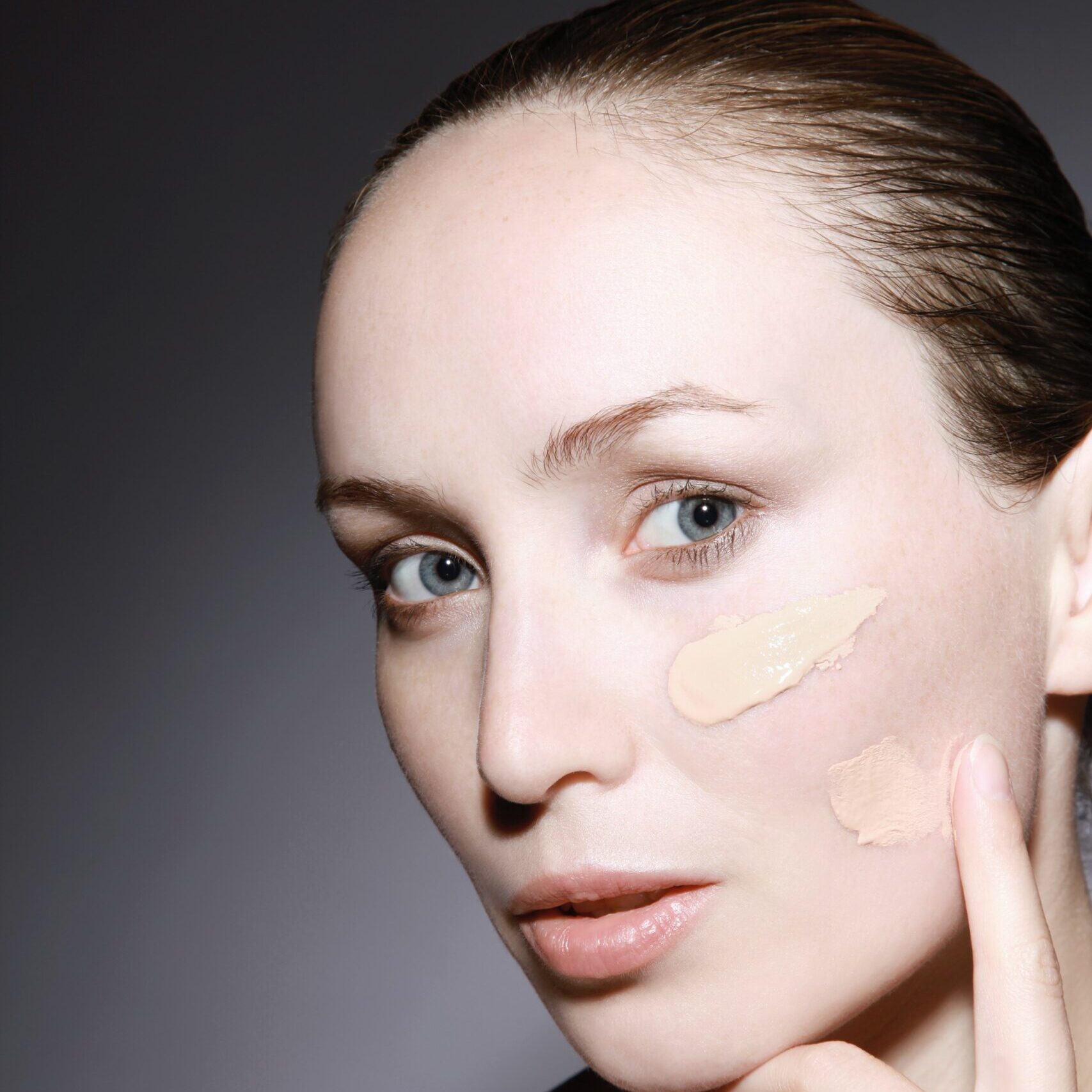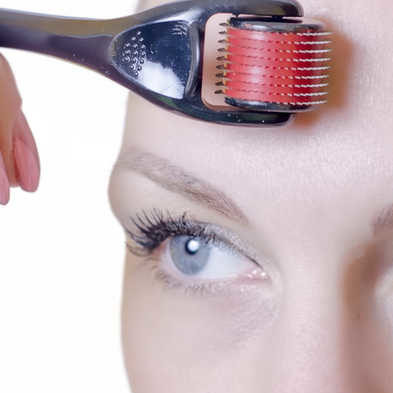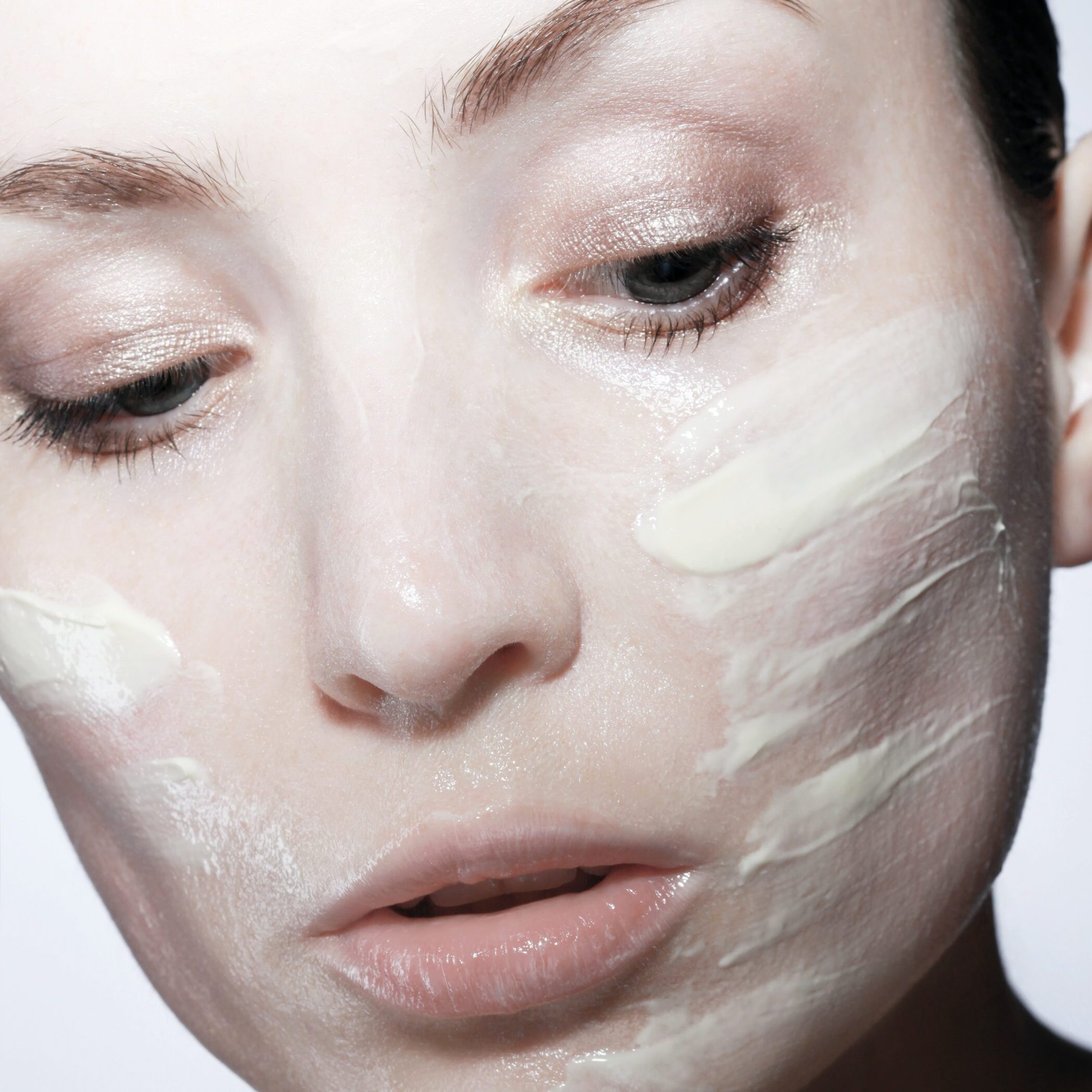Pigmentation can make your skin look blotchy and uneven. It commonly occurs on the face but can be seen all over your body.
Pigmentation or hyperpigmentation as it is often called literally means colouring. It can become a problem if you have areas of uneven pigmentation on your face adding to noticeably dark or blotchy patches.
Pigmentation in your face leads to skin tone looking uneven but the good news is there is a range of treatments that can help. It is also worth looking at preventative measures to keep the condition from getting worse.
Hyperpigmentation happens when your skin starts to produce too much melanin, a natural pigment in the body. This happens when your skin is damaged or sometimes due to health problems.
The most common reason is post-inflammatory hyperpigmentation (PIH)
This is a very common concern caused by damage to the skin. PIH are those dark marks left behind after a pimple heals and can be more aggravating and distressing than the pimple itself. PIH is the discolouration of the skin that follows an inflammatory wound. It is the skins natural response to inflamation.
